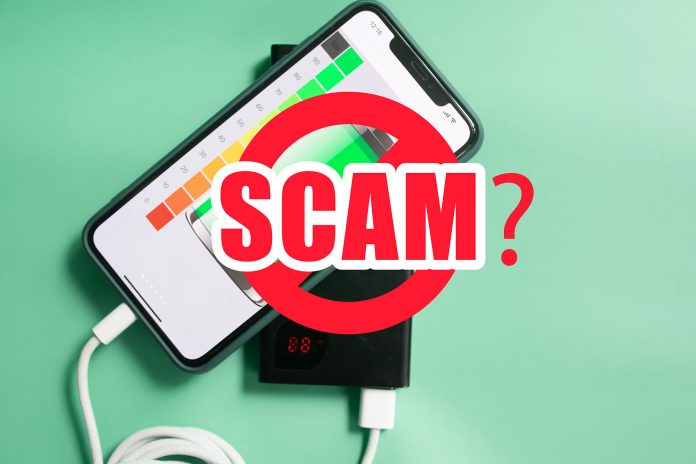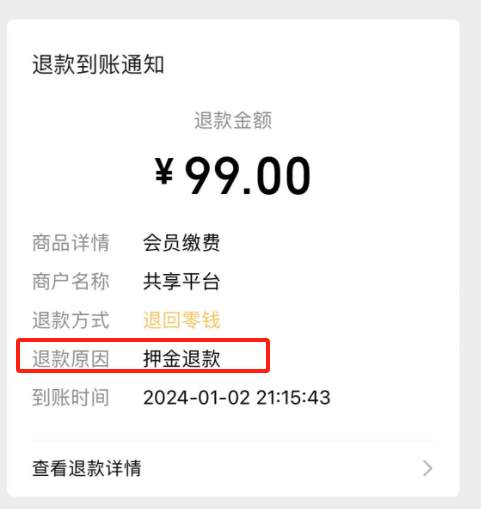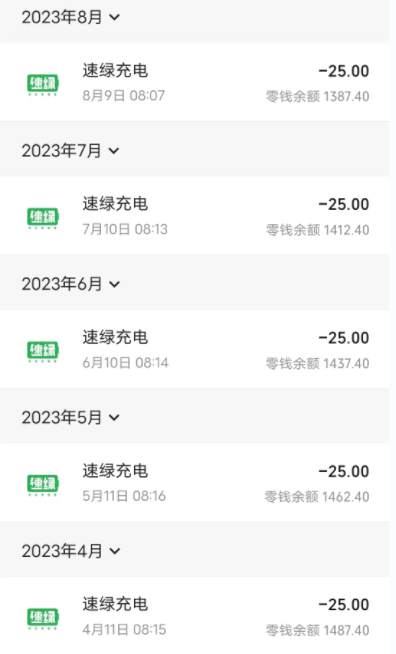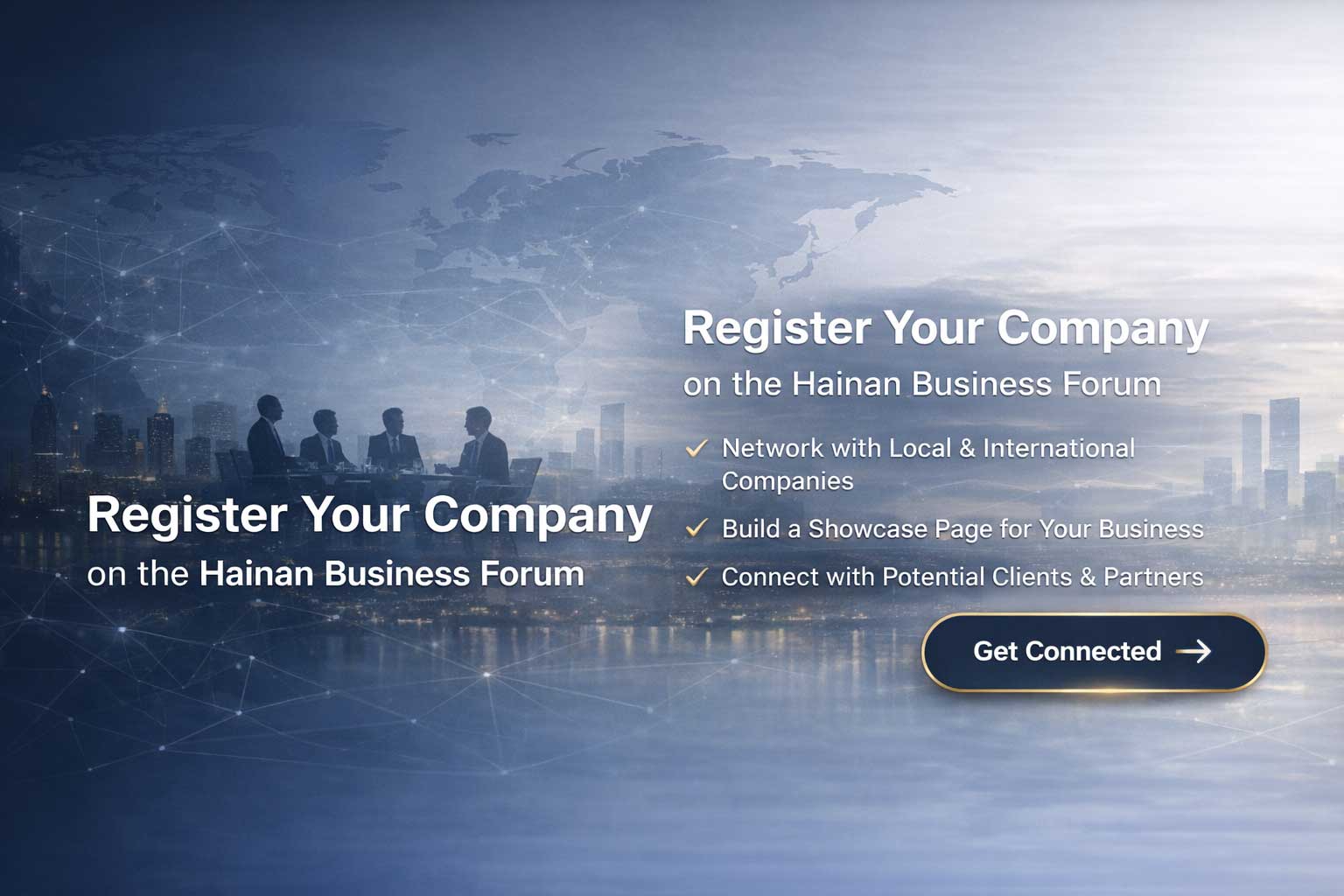Shared power banks have become an essential resource for individuals on the go, offering a convenient solution to keep devices charged when outlets are scarce. However, A recent surge in accusations of fraud against companies operating these services has cast a shadow over their utility.
While users embrace the convenience, it’s essential to be aware of potential scams lurking beneath the surface.
Accusations of Fraudulent practices:
Recent investigations have brought to light several allegations of fraudulent practices by operators of shared power banks. Users report instances of unauthorized membership fees, hidden charges, and automatic renewals without proper notification. This raises concerns about the transparency and ethical standards of these service providers.
Complaints involve multiple shared power bank brands such as Xiaodian (小电), Dianxiaotong (电小童), SpeedGreen Charging (速绿充电), Xiudian (咻电), Soudian (搜电), and Jiedian (街电).
Deceptive Membership Practices:
On December 29th, 2023, Ms. Feng, from Xi’an, Shaanxi, shared her story with the “China Consumer News.” She recounted, “At a bar in Lianhu District, Xi’an, I used WeChat to scan a QR code for renting a Dianxiaotong (电小童), branded shared power bank. The system prompted an upfront payment of 99 yuan, which I assumed was a deposit refundable upon return.
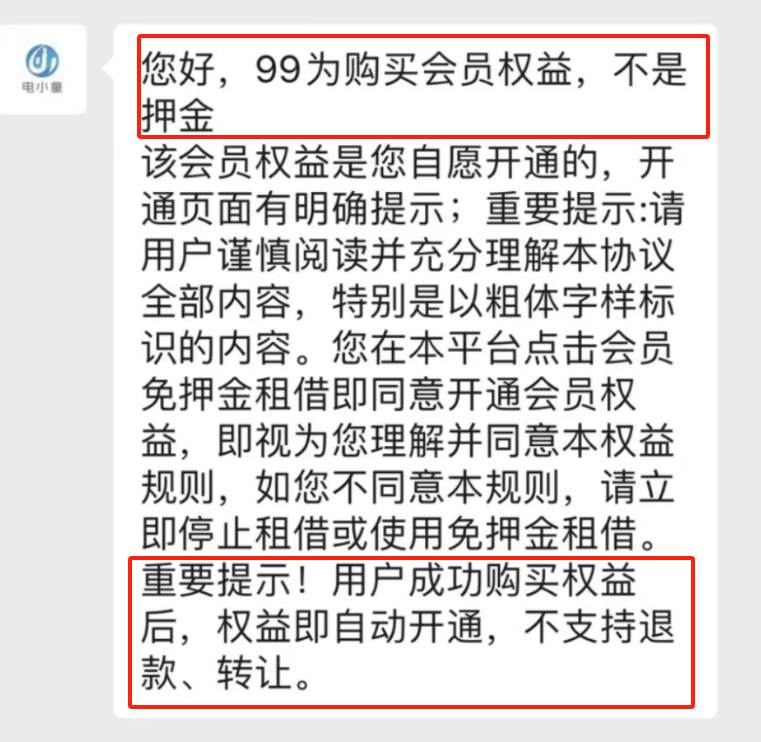
Believing this, I paid the 99 yuan. However, upon successfully returning the power bank, I was charged an additional 2.5 yuan as a rental fee, and the initial 99 yuan was not refunded.” The deducted amount shown in the screenshot, reveals the merchant’s full name as Changzhou Dianxiaotong Electronic Technology Co., Ltd., with the 99 yuan categorized as a “membership fee.”
In a conversation between Ms. Feng and Dianxiaotong’s online customer service, the customer service representative stated, “The 99 yuan is for purchasing membership benefits, not a deposit.”
“This membership was activated voluntarily by you, and there are clear prompts on the activation page. After successfully purchasing the benefits, they are automatically activated, and no refunds or transfers are supported.”
According to Ms. Feng, “There were no indications for me to purchase a membership, and the seller didn’t make it clear that this membership fee is non-refundable. It’s a clear violation of my right to be informed, she said.
She questioned the necessity for consumers to purchase a membership when renting shared power banks already incurs a rental fee, and the specifics of these membership benefits remain elusive.
On January 2nd, a journalist reported on Ms. Feng’s issue and inquired about the charging standards to Dianxiaotong’s online customer service through their WeChat mini-program. Subsequently, the customer service representative refunded Ms. Feng 99 yuan and 2.5 yuan.
The screenshot of the 99-yuan refund indicated it as a membership fee, but the reason for the refund was labelled as a deposit refund.
Monthly Deductions:
In a similar situation Ms. An, from Beijing, said, “Recently, I stumbled upon the fact that SpeedGreen Charging (速绿充电), deducts 25 yuan monthly from my WeChat wallet balance.
From August 2021 to December 2023, it has consistently done so for two years and five months, totalling 725 yuan.” On August 2021, Ms. An rented a shared power bank from SpeedGreen Charging (速绿充电), by scanning a QR code on WeChat.
Following the system’s prompts, she clicked “Next” to complete the rental, without realising she had unintentionally subscribed to a monthly membership with automatic renewal.
Success in Refund Requests:
Users who have fallen victim to these practices have had varying results in trying to reclaim their money. Unfortunately, the process appears to be challenging, with some people facing hurdles in reaching customer service. Complaints about non-responsive customer support, both online and via phone are common, leaving users frustrated.
Legal Ramifications:
According to Hu Gang, Deputy Secretary-General of the Law Committee of the China Internet Association and a member of the China Consumers Association’s legal team, there may be legal repercussions for operators engaging in fraudulent activities. If systematic, large-scale, and prolonged fraud is confirmed, operators could face administrative penalties. Affected consumers have the right to seek punitive civil damages, as outlined in the Consumer Rights Protection Law.
Many of us have found ourselves in the situation of running out of battery while on the go, and in such instances, a shared power bank becomes a crucial lifeline.
But it is important to be aware of the potential for fraud, especially if your Chinese is not up to scratch. The allegations of fraudulent practices surrounding these services underscore the necessity for enhanced transparency, accountability, and legal scrutiny. Users are urged to examine their billing statements, and promptly address any anomalies.
Related article: Woman’s Social Media Post Sparks Costly 430,000-Yuan ($60,000) QR Code Nightmare Bill



